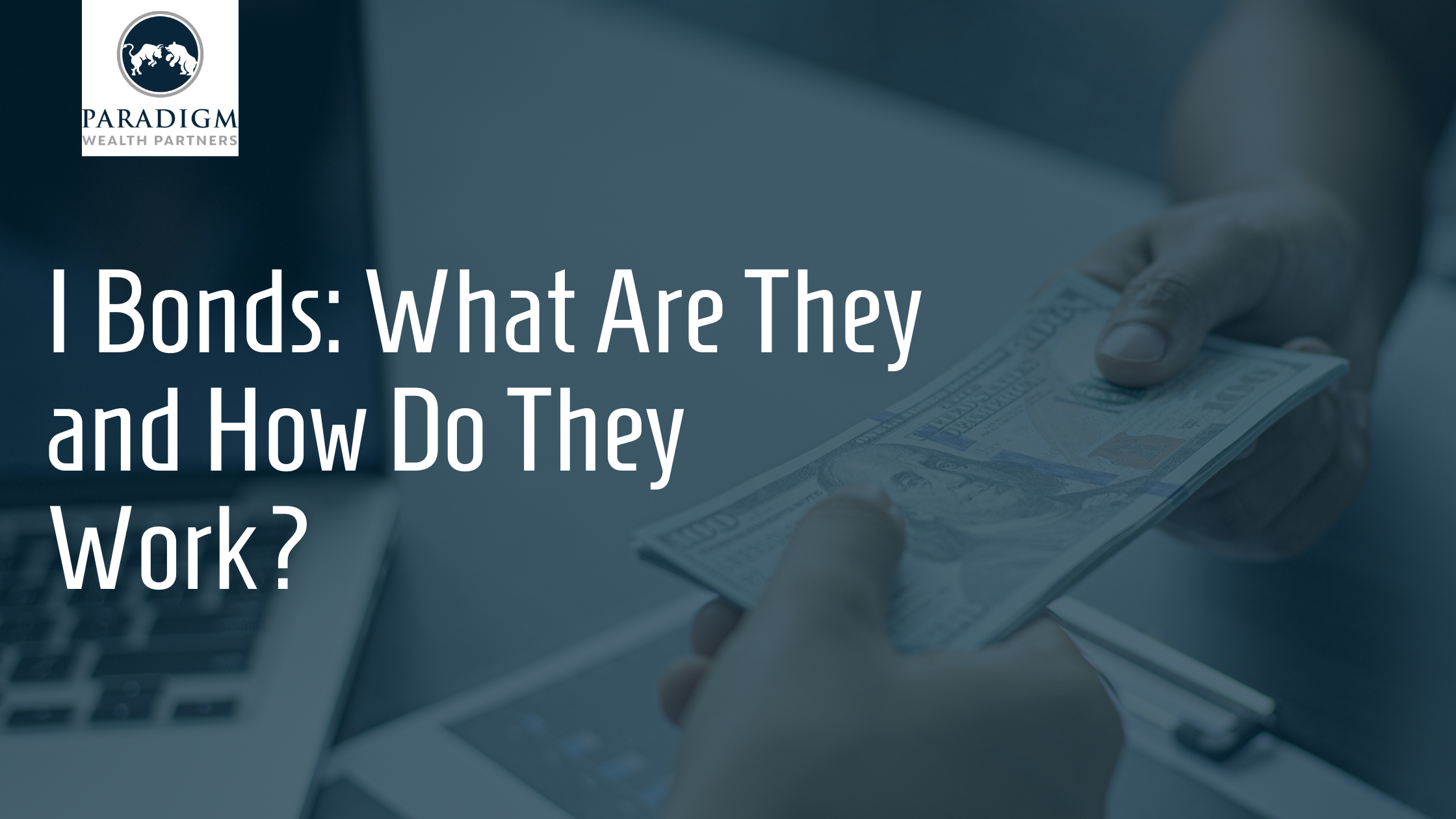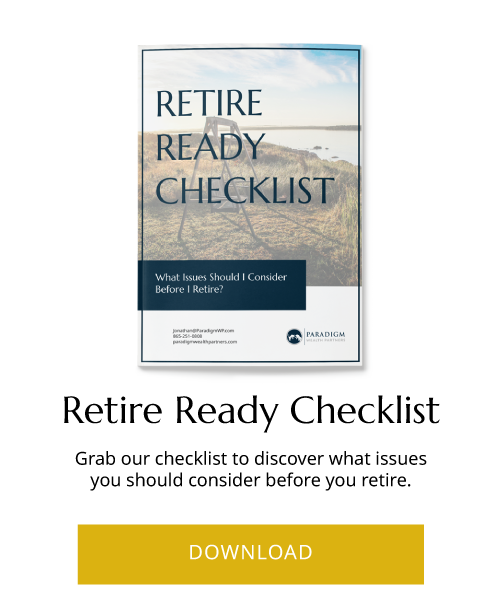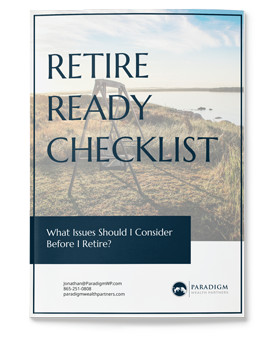I Bonds: What Are They and How Do They Work?
You don’t have to read dedicated investing or financial news to know that inflation has skyrocketed. At the time of writing, inflation is at 8.54%. Last year, it was just 2.62%. And you don’t have to read, listen, or watch any news at all to understand the impact of high inflation. Your grocery bill shows you all you need to know. But inflation isn’t all bad. There are some benefits, and one of those is the current interest rate of I Bonds which is higher than the rate of inflation, making them an attractive option for investors looking for an inflation hedge. We’ll discuss everything you need to know about I Bonds.
What is an I Bond?
Series I Bonds are securities issued by the U.S. government. The bonds earn interest based on both a fixed rate of return and a rate set twice a year based on inflation.
How I Bonds Work
You pay face value for the bond itself, whether it’s a paper bond certificate or an E-bond purchased online through the Treasury Department site. Paper bonds can be bought in denominations of $50, $100, $200, $500, or $1,000. E-bonds can be bought in any amount down to the penny starting at $25.
I Bonds start earning interest on the 1st of each month, and the interest is compounded semi-annually based on the issue date of the specific bond. I Bonds are zero-coupon bonds. Holders don’t receive a check for interest earned as they do for corporate or municipal bonds. Rather the value of an I Bond increases regularly. That interest is added to the face value. I Bonds continue to earn interest for 30 years, or until it’s cashed in, whichever comes first.
I Bonds are meant to be long-term investments. They can’t be cashed in for at least 12 months after purchase. If they’re cashed in before the five-year anniversary of the purchase date, there is a penalty. The holder forfeits the last three months’ interest.
Current I Bond Interest Rates
Here’s why I Bonds are so attractive right now. Remember the current rate of inflation we talked about in the first paragraph, 8.54%? The current rate for I Bonds beats that. I Bonds bought between May 2022 and October 2022 will have an annual interest rate of 9.62% for the first six months they’re owned.
A new rate will be set every six months based on the bond’s fixed-rate, currently 0.00%, and inflation. If you’re looking for a safe inflation hedge, this is it!
How I Bonds are Taxed
I Bonds are exempt from state and local taxes, but you will pay federal taxes on them. There are two ways to do so, the cash method and the accrual method. If you opt for the cash method, you won’t pay taxes until you redeem the bond because even though you’ve earned interest, you haven’t received any of that money.
If you opt for the accrual method, you pay taxes each year on the income you earned that was added back to the value of the bond. Many I Bond holders prefer the cash method, so the taxes don’t come out of pocket but can be paid with the bond proceeds when the bond is redeemed.
How to Buy I Bonds
There are two ways to buy I Bonds. E-bonds can be purchased at Treasury Direct, and paper I Bonds can be bought using your federal income tax refund. There are limits to the dollar amount of I Bonds you can buy. You can buy up to $10,000 worth of E-bonds and up to $5,000 worth of paper bonds in a calendar year. The limits are separate, though, so you can purchase up to $15,000 total in a calendar year.
Things to Consider
I Bonds can be a great option for those looking for an inflation hedge and a safe place to park some cash. They’re as risk-free as an investment can be as they don’t lose value and are backed by the U.S. government.
But I Bonds may not be for everyone. They must be held for at least one year, and there is a penalty for not holding them for at least five years. But the penalty may be worth it given an I Bond’s interest rate compared to those of high-yield savings accounts and CDs. But I bonds are not a liquid investment for at least one year.
If you have questions about I Bonds and any other financial questions, you can schedule an appointment so we can discuss Creating the Life You Love.
Content in this material is for general information only and not intended to provide specific advice or recommendations for any individual.



